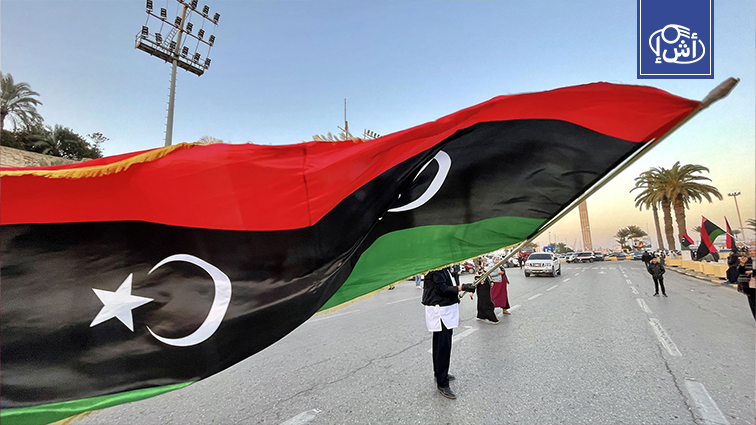The Minister of Foreign Affairs of the Republic of the Congo, Jean-Claude Gakosso, affirmed his country’s support for the Arab League’s proposal calling for the formation of a national unity government in Libya.
This support came within the framework of comments made by Gakosso regarding efforts aimed at stabilizing the situation in Libya, indicating that elections alone will not be sufficient to achieve political stability, but rather the winner will need to invite other parties to join a national unity government.
In this context, Gakosso praised the idea of the Arab League, stressing that it is in line with the thinking of his government, and added that the formation of a national unity government is necessary to maintain stability and security in Libya after the elections.
Russian Foreign Minister Sergei Lavrov stated that Russia would invest in its relations with the various Libyan parties to support the Congolese initiative and encourage effective participation in it.
For its part, the African Union, at the initiative of Congolese President Denis Sassou Nguesso, called for accelerating peace and reconciliation processes in Libya through a conference scheduled to be held in the city of Sirte.
The Union stressed the importance of the withdrawal of all foreign fighters, foreign forces and mercenaries from Libya, in line with relevant international resolutions.
Congolese President Denis Sassou Nguesso plays a key role in national reconciliation efforts in Libya, in his capacity as Chairman of the African Union High-Level Committee on the Libyan Crisis, as his initiative focuses on achieving stability and national reconciliation as a necessary step before holding elections, and these efforts aim to end internal divisions and achieve lasting peace. in the country.
Among the steps taken by President Nguesso is to host a summit in Brazzaville, in the presence of Libyan, regional and international representatives, to prepare for the national reconciliation conference scheduled to be held in Sirte next April.
Resumption of Libyan flights from Mitiga and Benina airports to Sebha
